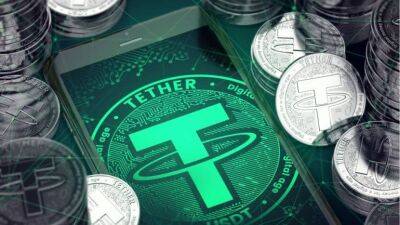Identity and the Metaverse: Decentralized control
“The Metaverse” and “Web3” are the buzzwords of the moment, with their concepts permeating across the worlds of fintech, blockchain, and now even mainstream media. With decentralization thought to be at the core of the Web3 Metaverse, the promise of a better user experience, security and control for consumers is what’s driving its growth. But with users’ identities at the heart of the Metaverse, coupled with unprecedented amounts of data online, there are concerns over data security, privacy and interoperability. This has the potential to hinder the development of the Metaverse, but both regulated and self-sovereign identities could play an important role in ensuring that we truly own our identity and data within this new space.
Related: Digital sovereignty: Reclaiming your private data in Web3
Although the concept of the Metaverse has been around for a while, it was recently brought into the spotlight when Mark Zuckerberg chose to rename his company “Meta” (to the annoyance of many in the blockchain community!). With the digitalization of many aspects of our lives already underway, many argue that the Metaverse will touch everyone’s future, and it’s set to significantly change the way we interact with technology.
It’s widely contested as to what the Metaverse will look like and consist of, but it’s thought to be a catch-all for many interpretations in which the Metaverse will replicate the physical world in a digital context and enable similar interactions to what we experience in our day-to-day lives. In theory, it will encompass augmented reality, the digital economy and Web3.
Related: How NFTs, DeFi and Web 3.0 are intertwined
The Metaverse presents an infinite number of opportunities for people and businesses from
Read more on cointelegraph.com















![Bitcoin [BTC]: Assessing how deep are we into the bear market](https://finance-news.co/storage/thumbs_400/img/2022/6/25/31161_l36j.jpg)






